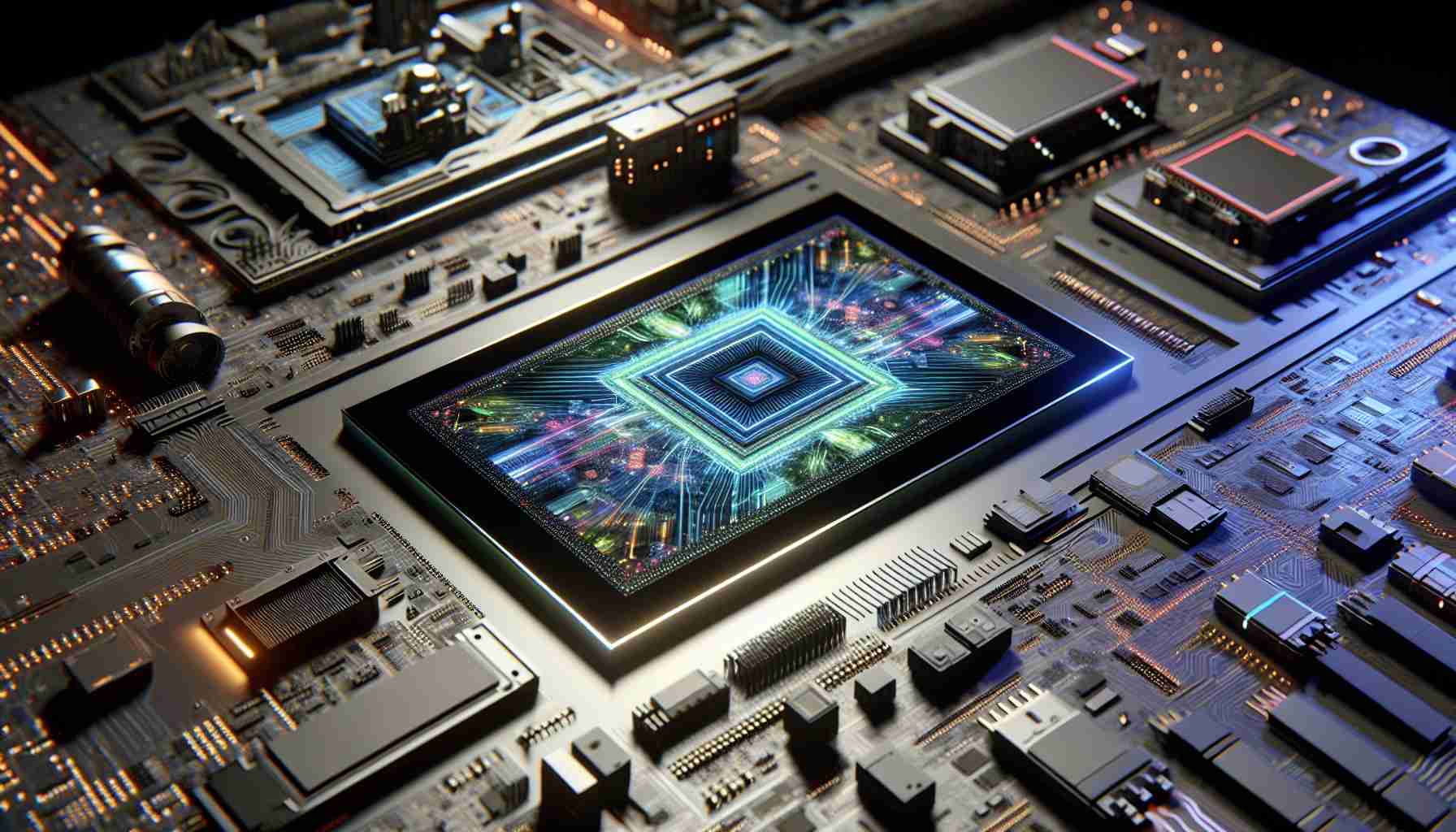Samsung Display is taking giant strides in the tech industry by venturing into cutting-edge OLED technology for information technology devices. The company’s CEO announced plans to expand their organic light-emitting diode (OLED) product line by collaborating with tech titans like Intel Corp. and Qualcomm. This move aims to introduce OLED technology into a variety of tech devices, enhancing them with artificial intelligence capabilities.
The CEO of Samsung Display, Choi Joo-sun, emphasized the importance of production scale, technology, and customer collaboration in boosting the competitiveness of OLED technology in the market. Samsung Display has made significant contributions to the mobile OLED screen market, providing displays for Samsung’s Galaxy smartphones and Apple’s iPhones.
In anticipation of Apple’s upcoming iPhone 16 series, Samsung Display is set to supply four different OLED screen panels for these new devices. The company has also begun providing OLED screens for Apple’s iPad 13 series, further solidifying its presence in the OLED IT screen market.
As the demand for OLED displays in tech devices continues to rise, Samsung Display is expanding its production capacity by investing billions to build an OLED manufacturing line that can produce millions of laptop screens annually by 2026.
Samsung Display is currently in talks with major smartphone manufacturers worldwide, including leading brands in China, to supply OLED screens integrated with the latest technology, paving the way for a tech revolution in the industry.
Breaking Ground in Next-Gen OLED Technology: Samsung Display’s Innovations and Challenges
Samsung Display’s foray into next-generation OLED technology has sparked excitement in the tech world, with the company’s strategic partnerships and advancements pushing the boundaries of display innovation. However, this exciting journey is not without its key questions and challenges that need to be addressed.
What are the most important questions surrounding Samsung Display’s venture into next-gen OLED technology?
One crucial question is the extent to which Samsung Display’s collaboration with tech giants like Intel Corp. and Qualcomm will impact the development and adoption of OLED technology in various devices. Additionally, the scalability and sustainability of OLED production on a mass scale raise concerns about environmental impact and resource consumption.
Key challenges and controversies associated with the topic:
One of the main challenges facing Samsung Display is competition from other display manufacturers also investing in OLED technology. Ensuring that OLED displays remain cost-effective while maintaining high quality is a balancing act that the company must navigate. Moreover, issues related to intellectual property rights and patent disputes could potentially hinder Samsung Display’s progress in the OLED market.
Advantages and disadvantages of Samsung Display’s focus on OLED technology:
The advantages of Samsung Display’s emphasis on OLED technology include enhanced visual performance, energy efficiency, and the potential for flexible and foldable display designs. By leveraging OLED technology, Samsung Display can differentiate its products in a competitive market and drive innovation in information technology devices. However, disadvantages such as production complexities, higher manufacturing costs, and the need for specialized expertise in OLED production present challenges that the company must address.
In conclusion, Samsung Display’s exploration of next-gen OLED technology holds immense promise for revolutionizing the tech industry. By addressing key questions, overcoming challenges, and leveraging the advantages of OLED technology, Samsung Display can position itself at the forefront of display innovation.
For more information on Samsung Display’s advancements in OLED technology, visit Samsung’s official website.
https://youtube.com/watch?v=C8HHj3tvd24























